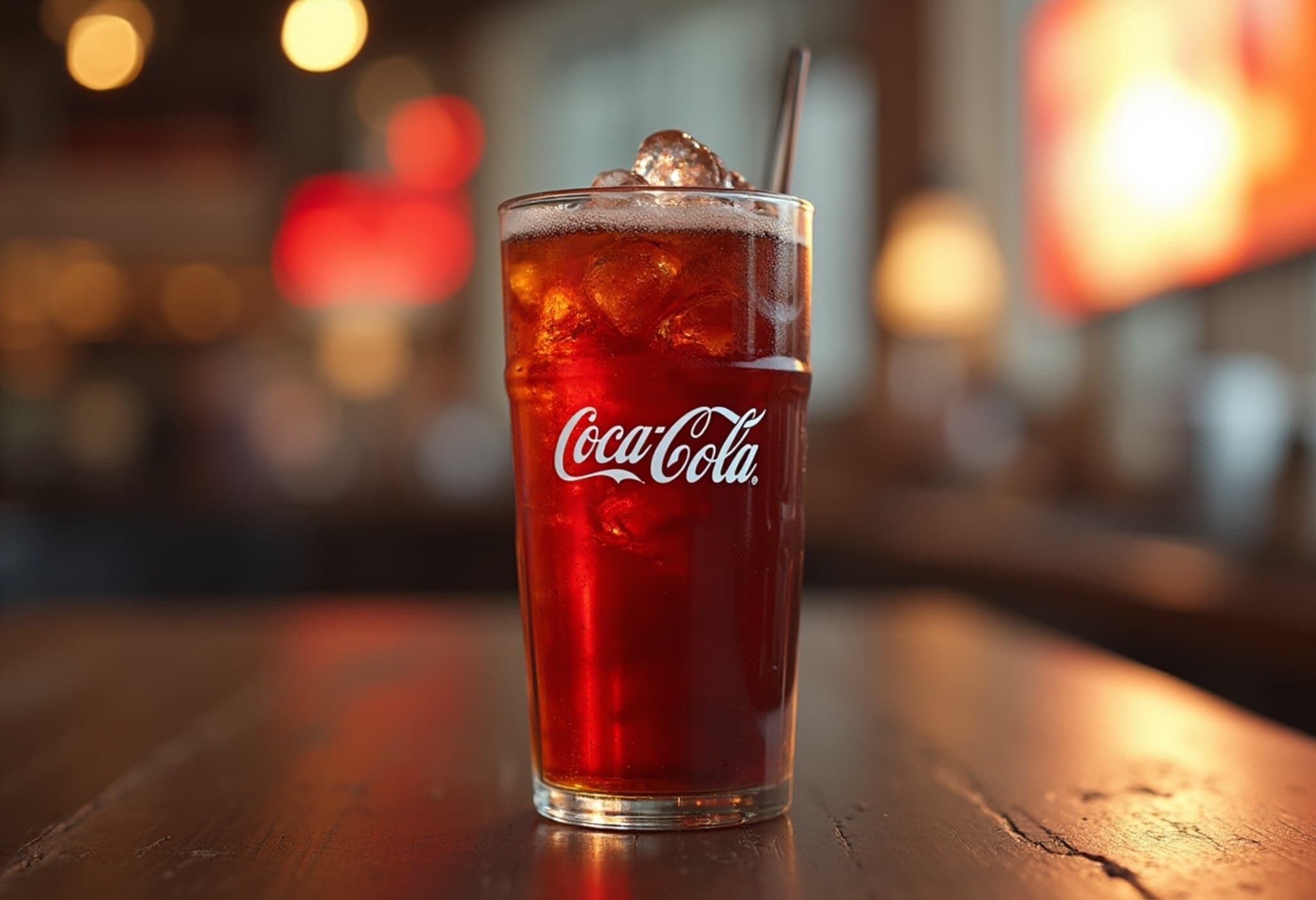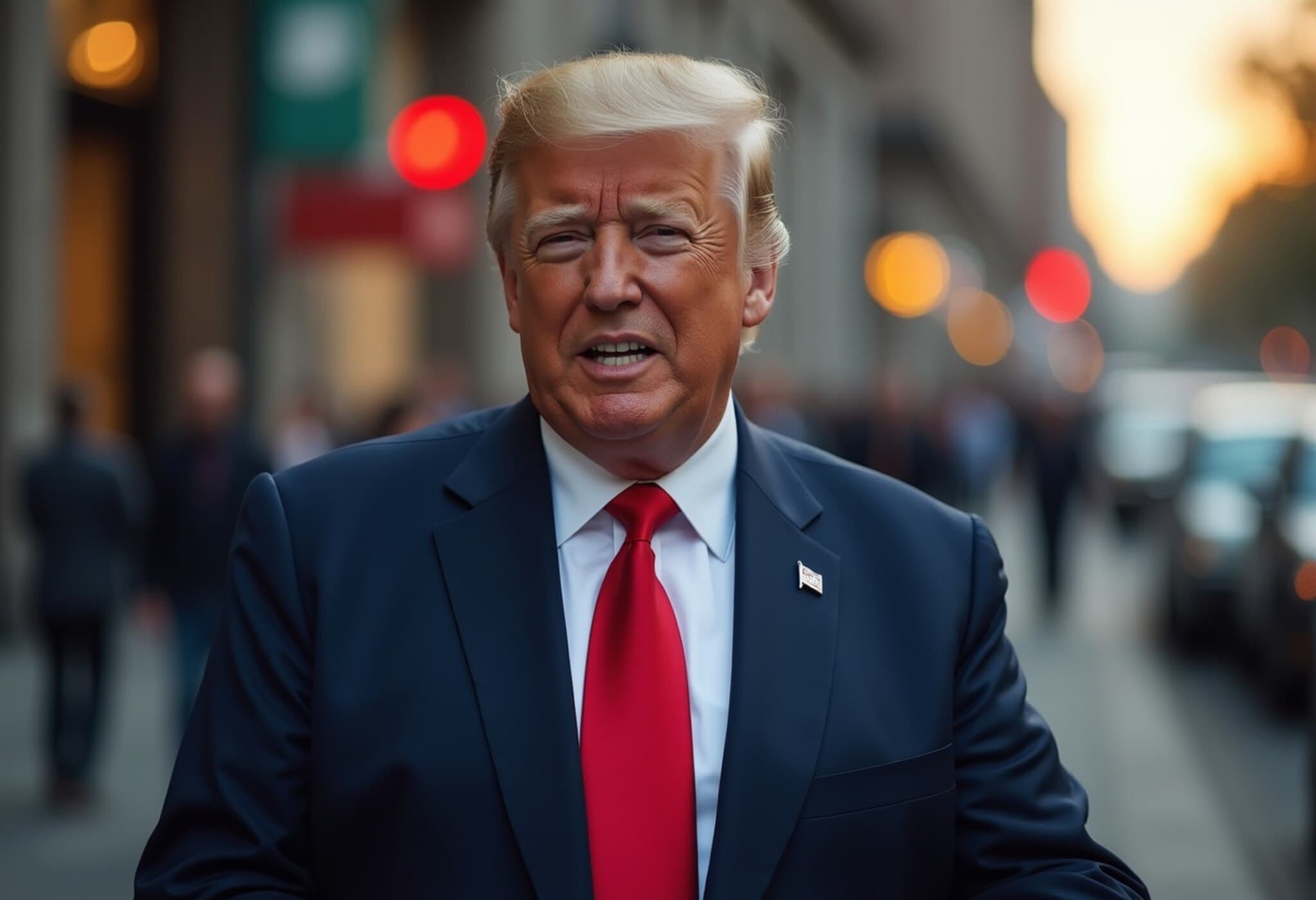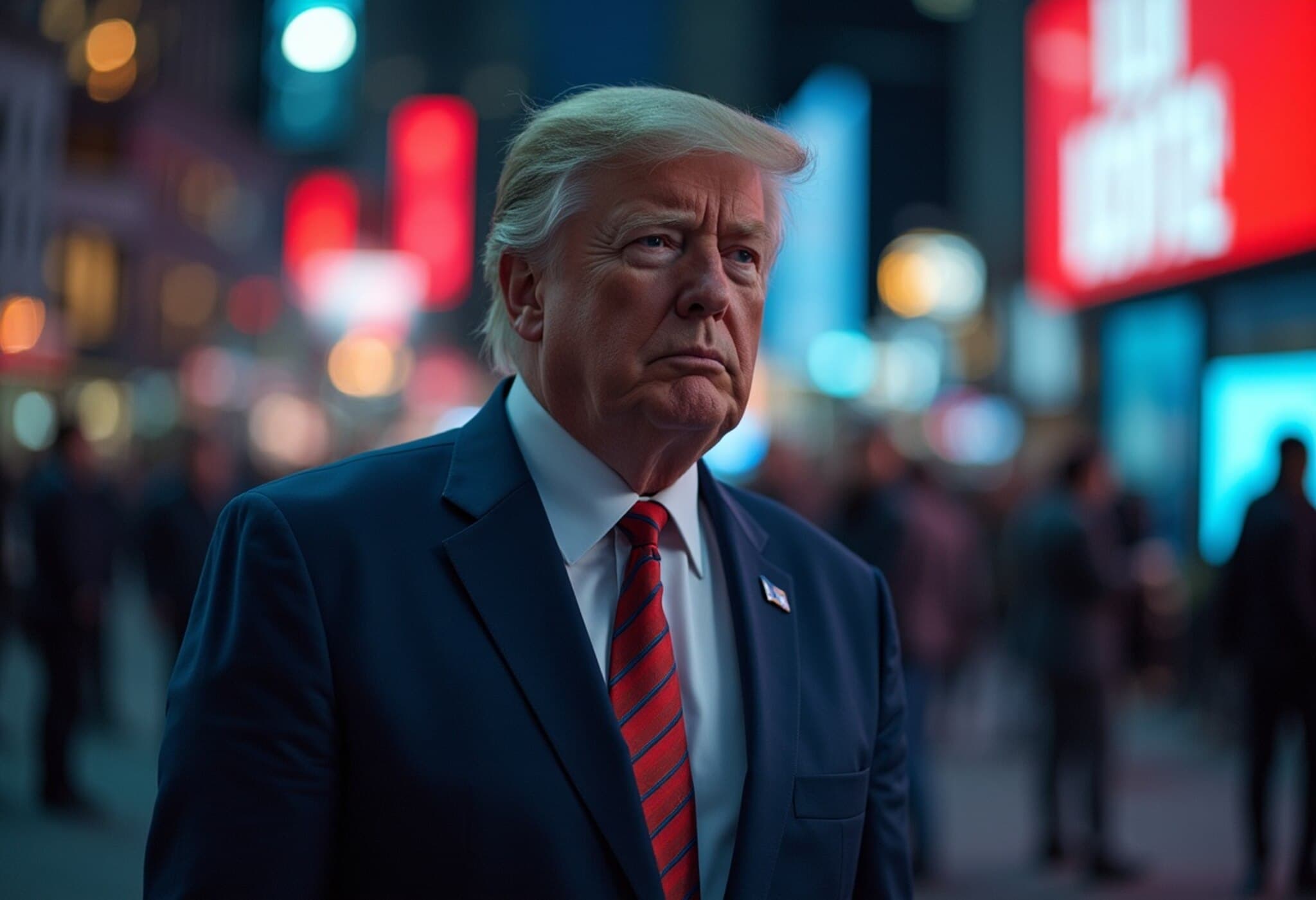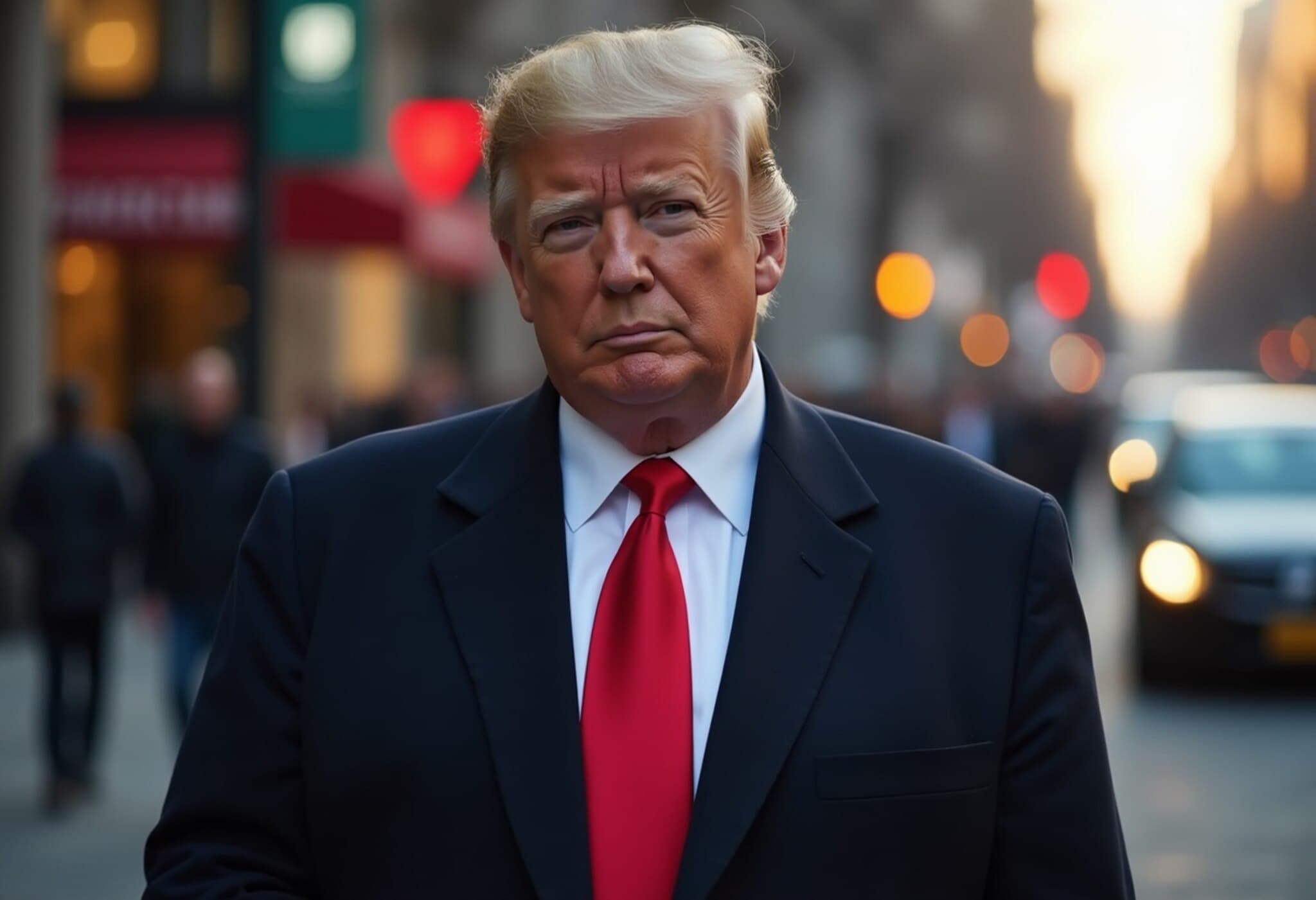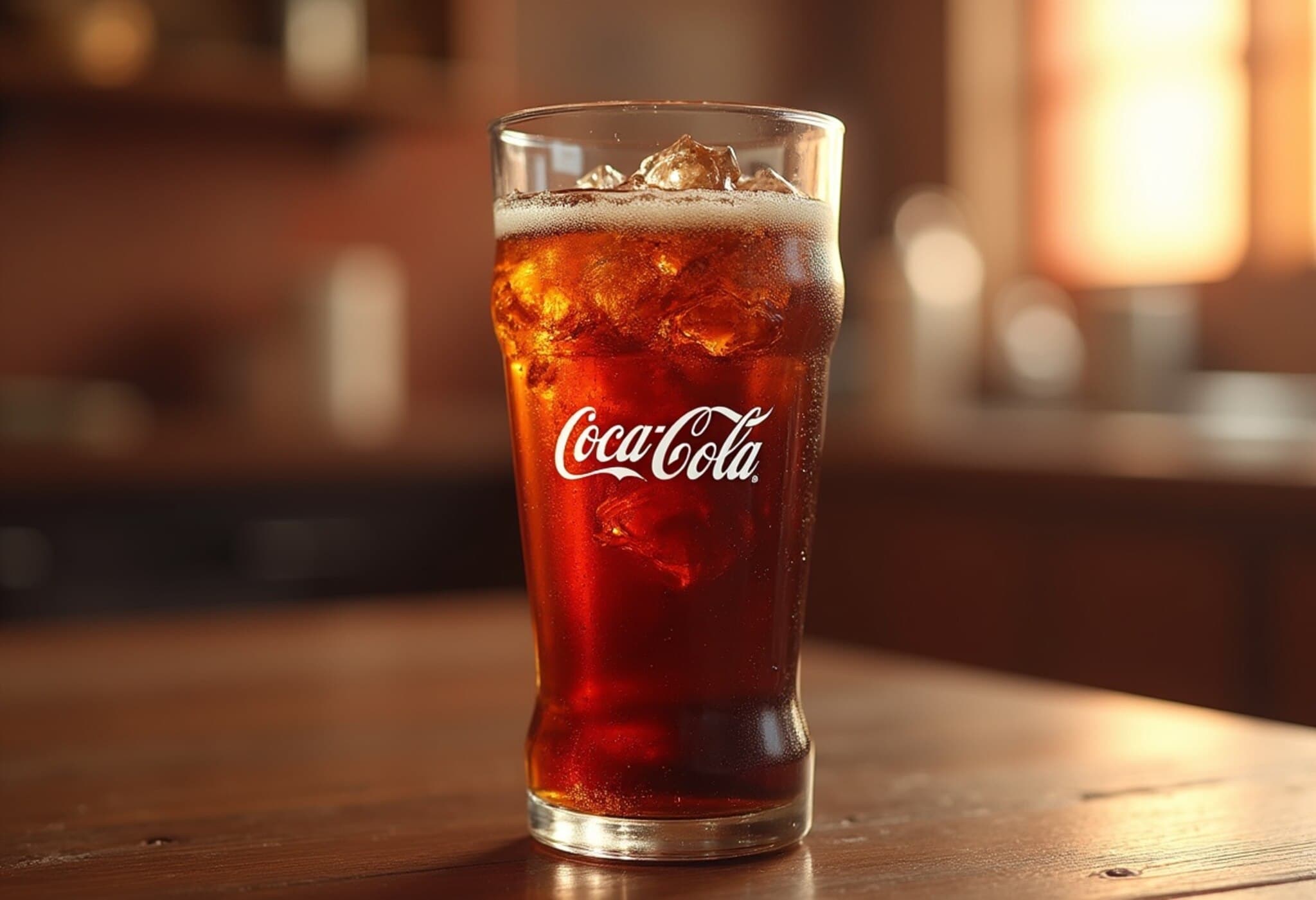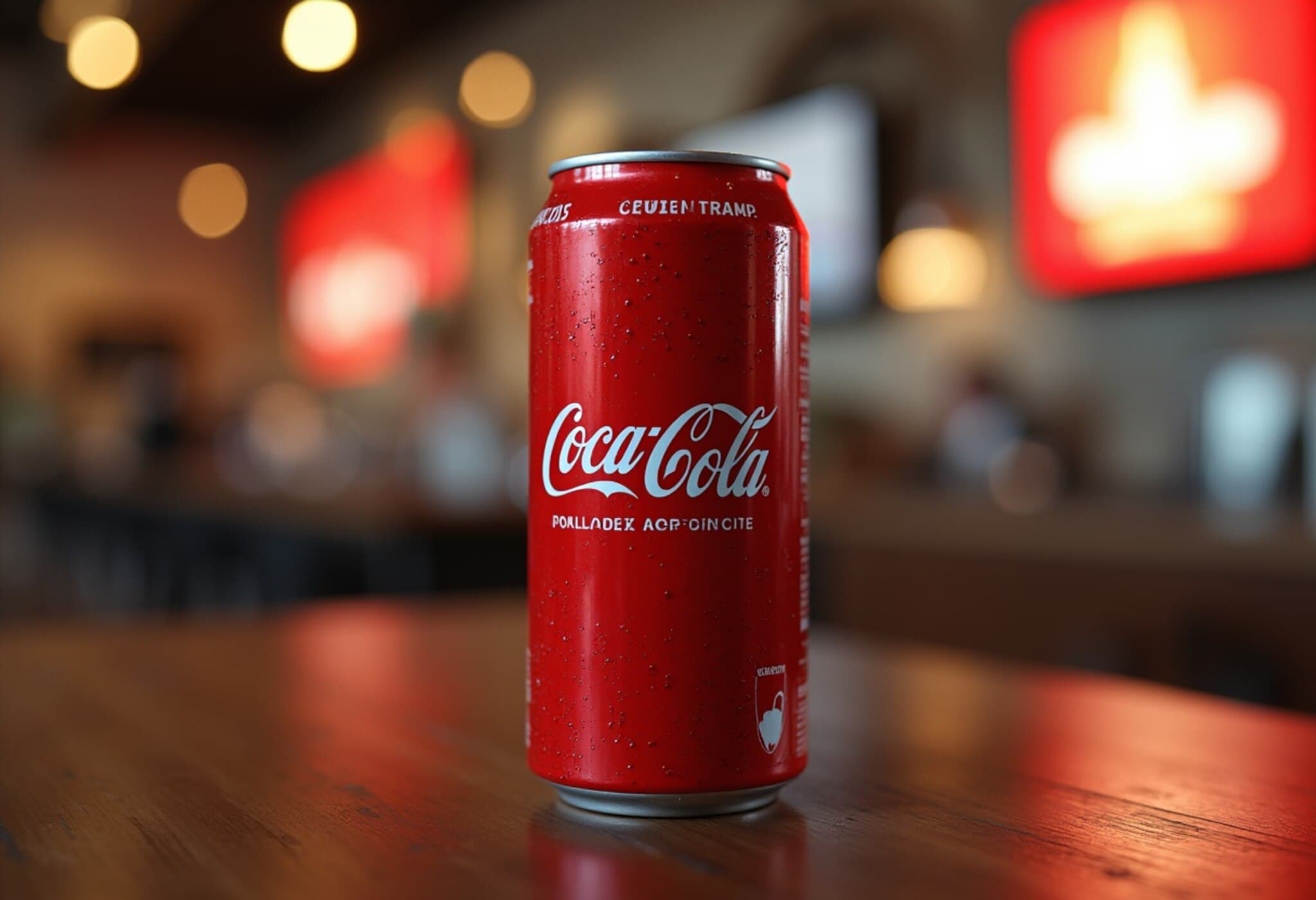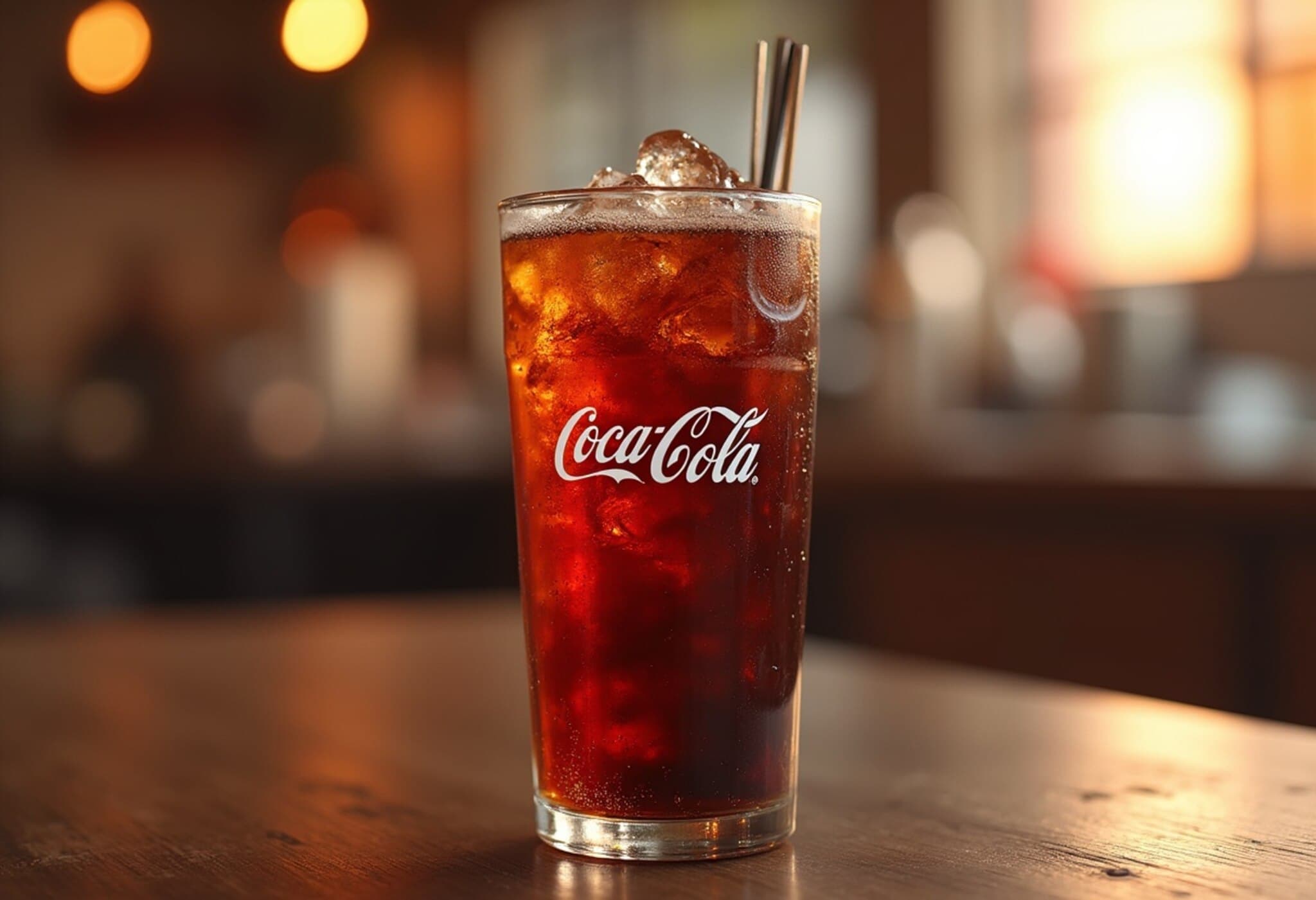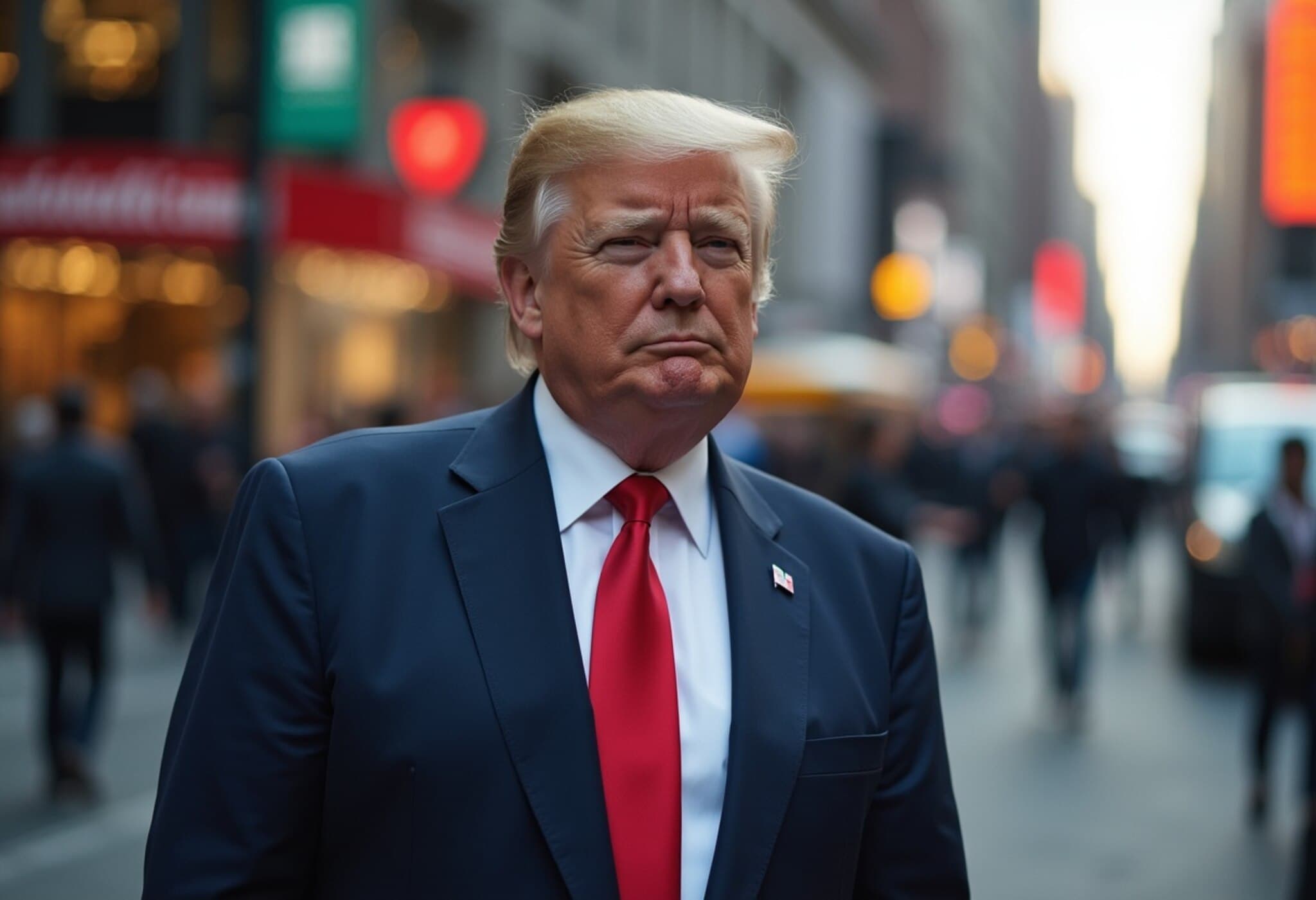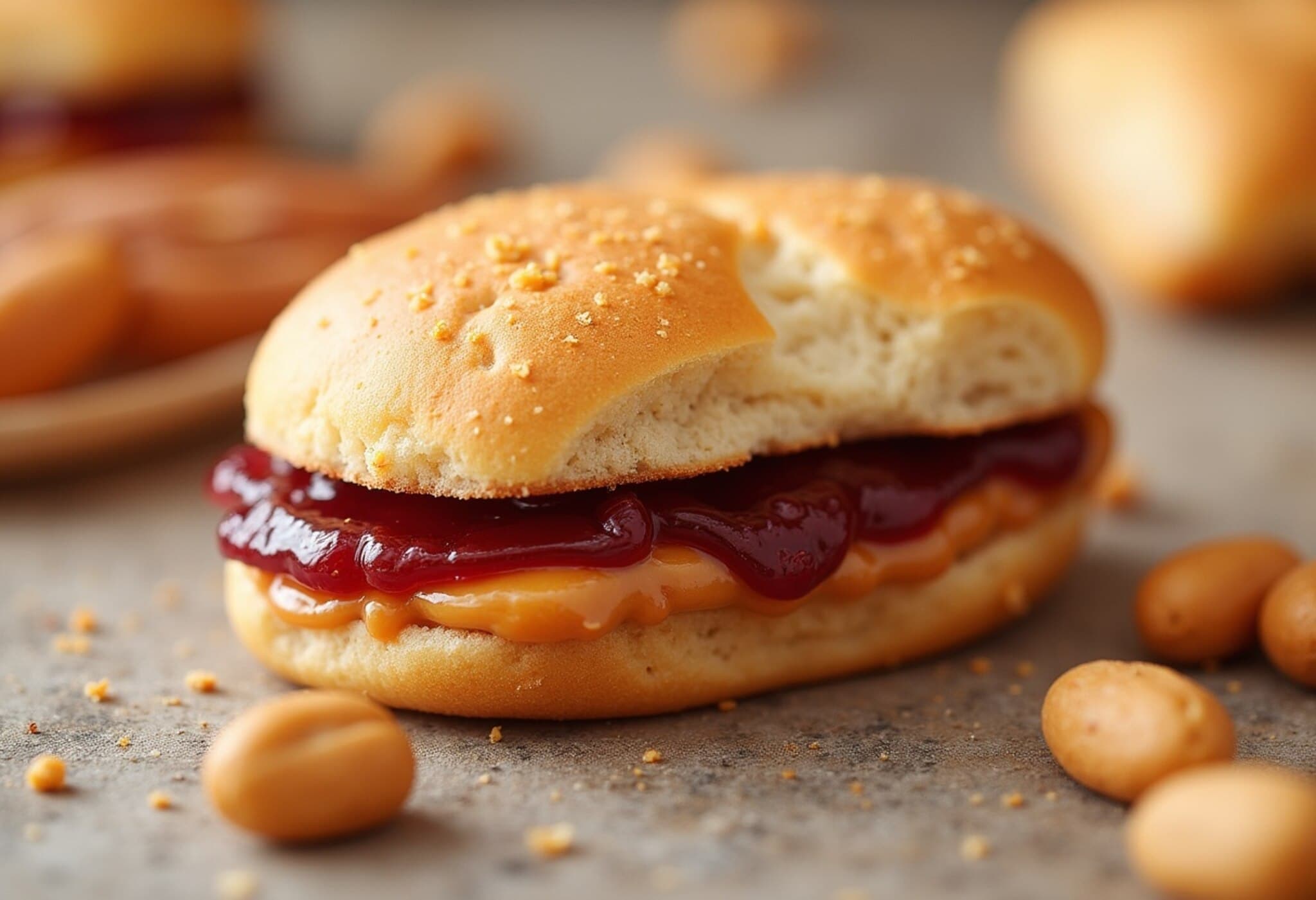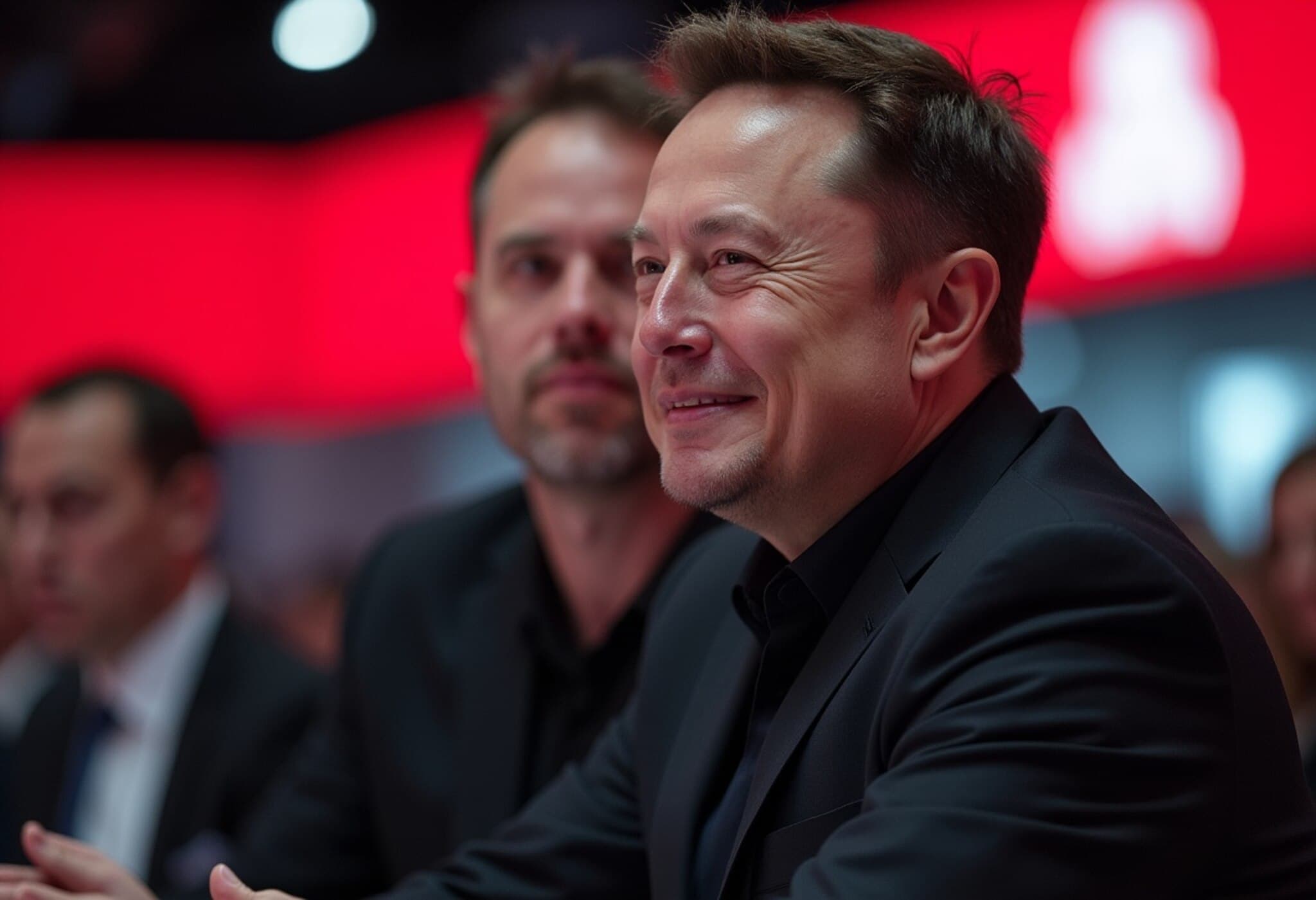Coca-Cola Responds to Former President Trump’s Statement on Sugar
In a recent exchange that has sparked a fresh debate over sweeteners in American soft drinks, The Coca-Cola Company firmly defended its ongoing use of high-fructose corn syrup (HFCS) in beverages sold across the United States. This response came after former President Donald Trump claimed he convinced the company to replace HFCS with "real cane sugar."
Trump tweeted late Tuesday, "I have been speaking to Coca-Cola about using REAL Cane Sugar in Coke in the United States, and they have agreed to do so. I’d like to thank all of those in authority at Coca-Cola. This will be a very good move by them — You’ll see. It’s just better!"
Coca-Cola’s Measured Reply and Scientific Backing
Initially, Coca-Cola acknowledged Trump’s enthusiasm with a courteous statement, appreciating the former president’s attention and expressing anticipation for "new innovative offerings within our Coca-Cola product range." However, by Thursday, the beverage giant released a more comprehensive defense of HFCS.
“The name sounds complex, but high fructose corn syrup (HFCS) – which we use to sweeten some of our beverages – is actually just a sweetener made from corn,” the company clarified. “It’s safe; it has about the same number of calories per serving as table sugar and is metabolized in a similar way by your body.”
Supporting this stance, Coca-Cola referenced the American Medical Association’s (AMA) assessment confirming that HFCS is no more likely to contribute to obesity than other full-calorie sweeteners including table sugar. Notably, the AMA’s 2023 statement highlighted insufficient evidence to specifically restrict HFCS or mandate warning labels on products containing it.
High-Fructose Corn Syrup: A Contested Ingredient in American Diets
HFCS has been at the heart of health debates in the U.S. for several decades. Criticism often links its widespread use in processed foods and beverages to rising obesity and metabolic diseases. However, experts remind the public that excess calorie consumption, rather than any individual sweetener, is the leading cause of such health issues.
From an economic and policy perspective, HFCS remains a preferred sweetener for many American manufacturers due to corn subsidies and cost advantages versus imported cane sugar. This dynamic shapes the country’s food industry practices and consumer product formulations.
Trump and Coca-Cola: The Diet Coke Connection
Interestingly, the story also draws a nod to Trump’s long-standing affinity for Diet Coke, famously marked by a red button in the Oval Office used to summon the drink to his desk. It is important to note that Diet Coke does not contain either HFCS or cane sugar but is sweetened with artificial sweeteners like aspartame, reflecting different health and flavor profiles.
What This Means for Consumers and the Food Industry
- Consumer Clarity: This exchange underscores the need for transparent communication regarding sweeteners used in beverages, as misinformation can fuel confusion and mistrust.
- Health Implications: While moderation is key, understanding the comparative safety of HFCS versus cane sugar could influence consumer choices and dietary guidelines.
- Economic Influences: Corn subsidies and domestic agriculture policies directly impact ingredient selections in products, revealing intersections between policy and public health.
Editor’s Note
This spirited back-and-forth illustrates how even popular food ingredients are enmeshed in broader social, political, and economic debates. It also raises critical questions: To what extent should manufacturers respond to public figures when it comes to product formulation? And how can consumers navigate scientific evidence and marketing claims in an era of abundant information yet persistent uncertainty?
As the dialogue around HFCS and cane sugar continues, staying informed and critically evaluating sources remains vital for making health-conscious decisions in America’s complex food landscape.

